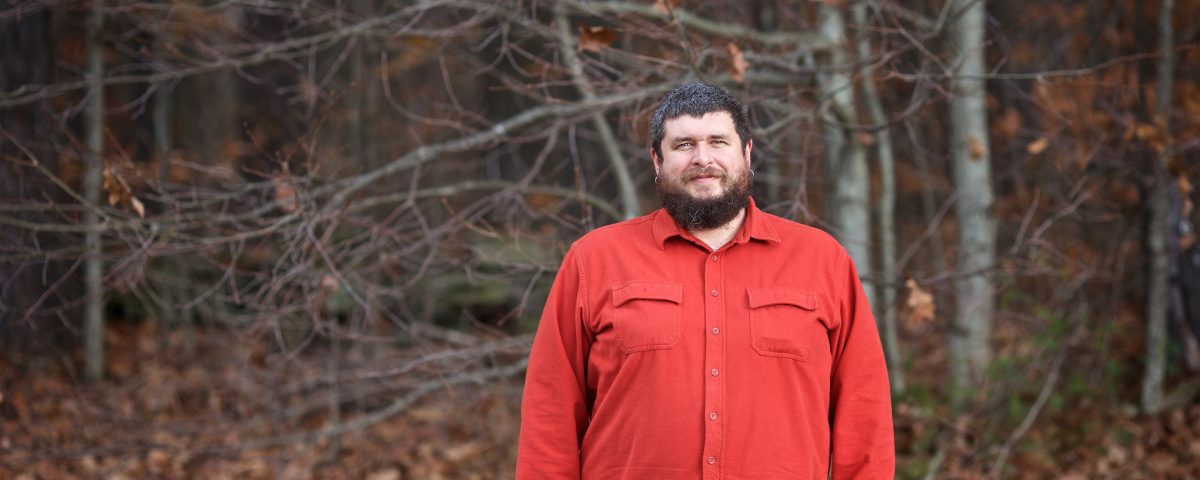Faculty Spotlight: Dean of Studies and Science Teacher Peter Tice’s Unconventional Approach to Electives Week
Faculty Spotlight: Dean of Studies and Science Teacher Peter Tice’s Unconventional Approach to Electives Week








Dr. Peter Tice, Dean of Studies and science teacher, explains how Oliverian encourages students to think outside the box.
When it comes to his role on campus, Oli’s Dean of Studies Dr. Peter Tice has “several different irons in the fire.” In his position as dean, he’s responsible for crafting the class timetable as well as students’ individual class schedules. He also spends quite a bit of time in the classroom teaching chemistry, physics, geology, and two advanced math classes. Finally, he’s also the librarian, and he’s been hard at work curating our library collection and adding new purchases and donations to the shelves. We sat down with Peter to learn about the class he taught during this semester’s electives week, and why he loves teaching at Oli.
Q: What do you love about teaching at Oli?
A: As educators, we’re able to have a synergistic relationship with the students. That comes from students having the freedom to ask questions and teachers having the freedom to craft classes that really address learning in the way that kids need. I’ve got the freedom to set up a curriculum that’s effective, rigorous, and really teaches the subject, but that’s also serving the students.
Standardized curriculum is set up so that there’s not room for questions that step outside the curriculum, but we’ve got room here to let students ask those questions, and we have the time and ability to answer.
Q: On that note, can you talk about Electives Week and why it’s important to you?
A: Electives Week takes place three times a year, and during that time, regular classes don’t occur. Instead, teachers come up with a slate of options for classes that meet for three-and-a-half hour sessions. The students look through the descriptions and let us know which ones they’re most interested in. Then, based on what credits they need, I’ll try to find some balance between addressing their credit needs and what they’re hoping to do. Usually, they can get their number one or two choice, but I think the real value of it is letting teachers turn an idea into a reality.
When you’re teaching, there are often these topics that come up, and the conversations end up being so big that they start to take too much away from the central theme of the class. So for electives week, it’s like, “Oh, this kid has a great question, but it’s going to take six weeks to answer. Maybe that’s a little bit long, but what if we do this for electives week?”
Q: What was your Electives Week class called this year?
A: “The Gospel According to Tron.” It was one of those ideas that just kind of rolls through your head, and it kept rolling through. When I was a little boy, my dad took me to see Tron in the cinema. It was 1982, and I just hadn’t ever seen anything like that. It was probably like when people saw a talking picture for the first time. Everyone walked out of the theater and was just stunned. There’s a certain wonder about it.
Then as I got older, I started to see that there was something more there, that the movie was addressing ideas about our relationship with the invisible and our relationship with God or gods. So I wanted to provide a forum for discussion about that. So we watched the movie, and there was some conversation about the technical aspect of it, but the next day, I said “Okay, we’re going to watch it again. And this time, just let the experience wash over you.”
By the fourth day, the kids were asking a lot of really great questions and started orbiting around the idea of the nature of God, the nature of the world that’s not physical. And it was beautiful. No one told them to do that, I didn’t tell them to do that, and it was a remarkable thing to be a part of.
